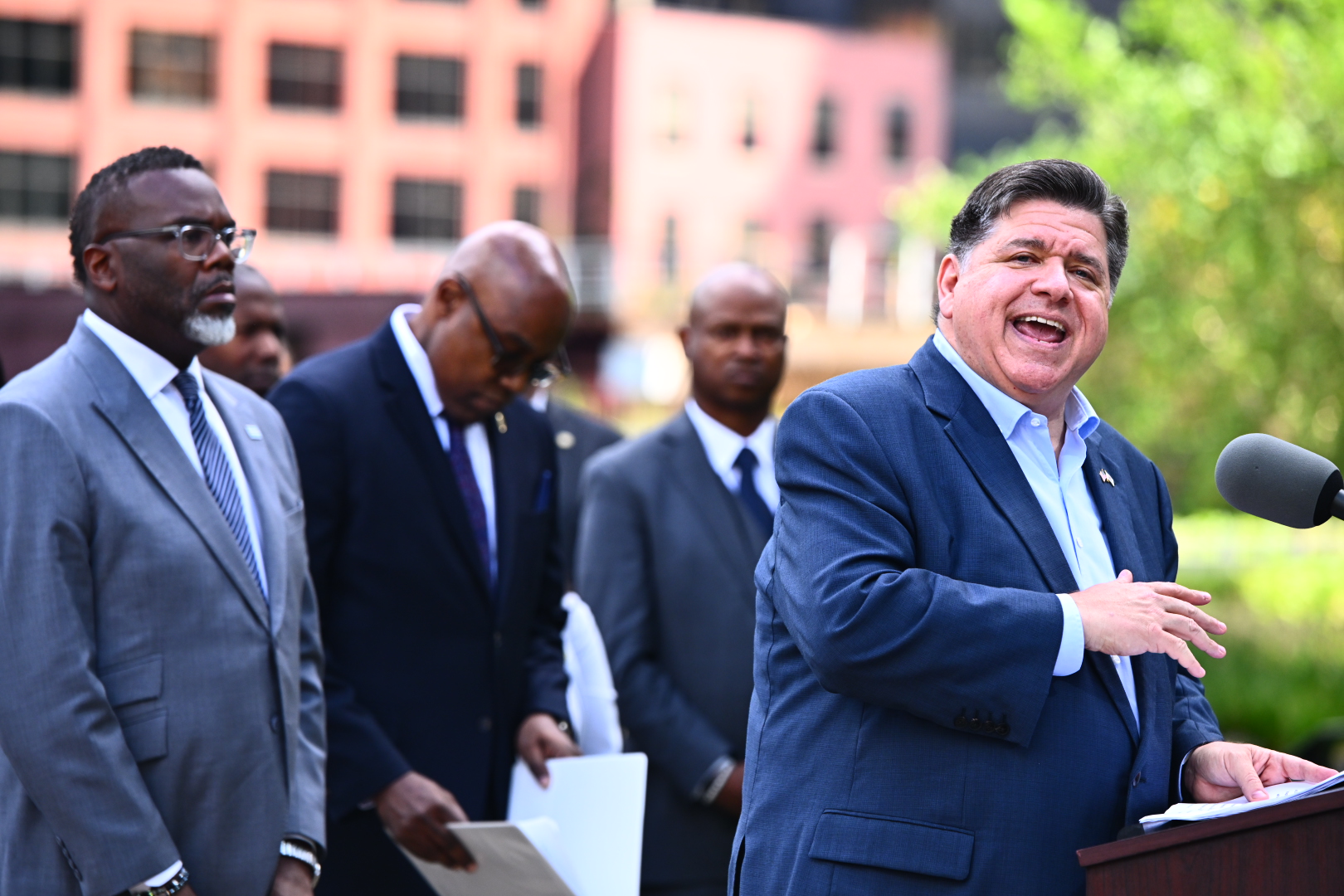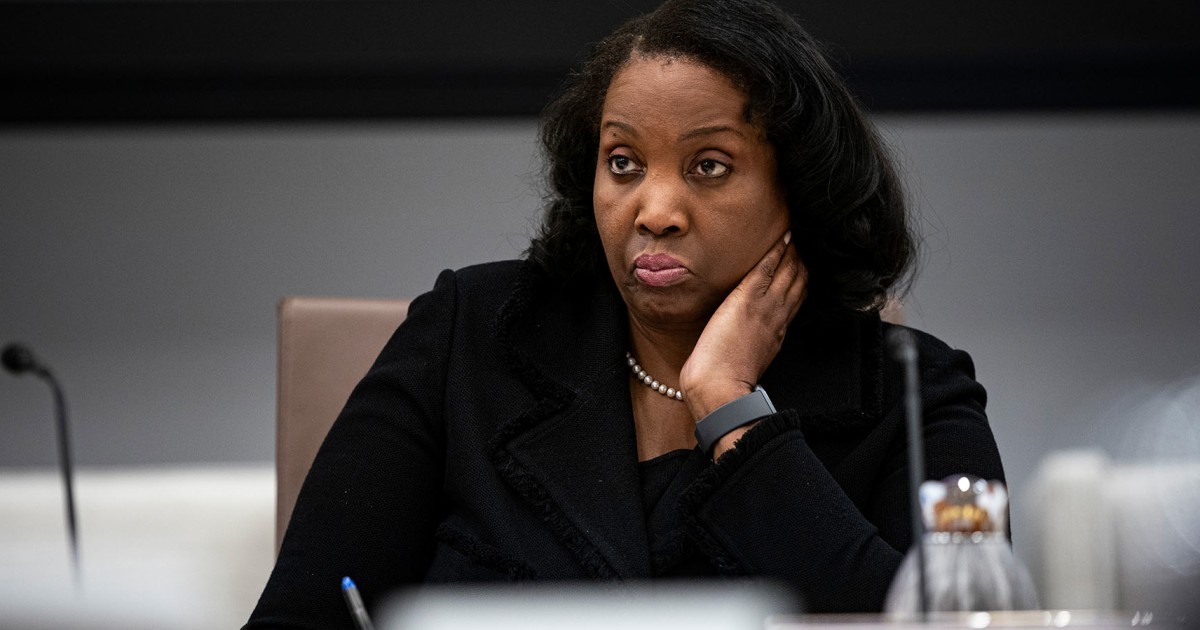
In a powerful show of solidarity and defiance, Chicago leaders are status robust against President Trump's arguable plan to installation federal troops in the town. This choice has sparked good sized debate and concern amongst town officials and citizens alike. The suggestion is seen as an intrusion on neighborhood governance and an escalation of federal involvement in neighborhood law enforcement.
Chicago Mayor Lori Lightfoot has been vocal in her competition, emphasizing the potential risks related to increased federal presence. She highlighted that the metropolis's attention remains on community-based answers and that external intervention may want to disrupt local efforts. "If you hurt my humans, nothing will forestall me from protecting them," she declared, underscoring the city's resolve to shield its citizens.
The proposal to send federal troops comes amid growing concerns approximately violence and crime in Chicago. However, many nearby leaders argue that growing federal presence may worsen tensions in place of alleviate them. The city has been employing diverse community engagement strategies to address those troubles, and leaders worry that federal intervention may additionally undermine these efforts.
Community activists have additionally raised their voices, warning of the capability for war and unrest. They argue that the presence of federal troops could exacerbate the situation and cause unintentional consequences. The awareness, they trust, must be on strengthening network consider and making an investment in nearby resources, in preference to resorting to militarized solutions.
Local cops have echoed those sentiments, advocating for collaboration as opposed to war of words. They consider that any federal assistance ought to come in the form of guide and resources, now not troops. The emphasis have to be on improving existing applications and tasks which have been tailored to the city's unique challenges.
Moreover, Chicago's leaders have called for a extra nuanced approach to addressing the foundation causes of violence. They strain the importance of addressing systemic troubles such as poverty, training, and healthcare get right of entry to. By tackling those essential problems, they agree with the metropolis can obtain sustainable discounts in violence.
The dialogue around federal troop deployment has also sparked a broader communique about the position of federal intervention in local subjects. Many worry that such moves set a dangerous precedent, wherein federal energy might be used to override local governance and choice-making. This situation is vital to the city's resistance in opposition to the troop plan.
Despite the tensions, Chicago leaders remain dedicated to operating toward a safer metropolis. They recognize the challenges beforehand however are resolute in their perception that answers must come from inside the network. By fostering cooperation and understanding, they desire to build a more stable and equitable surroundings for all citizens.
The town's reaction to the troop plan underscores a broader message of resilience and resolution. Chicago's leaders aren't only defending their city's autonomy but additionally advocating for a greater compassionate and complete approach to public safety. They are calling at the federal government to appreciate nearby governance and to help, in place of undermine, network-pushed efforts.
As the debate keeps, the eyes of the nation are on Chicago, watching how the metropolis navigates this complex and tough scenario. The outcome of this standoff will likely have implications a ways beyond the town's borders, influencing future discussions on federal intervention in local subjects throughout the US.










